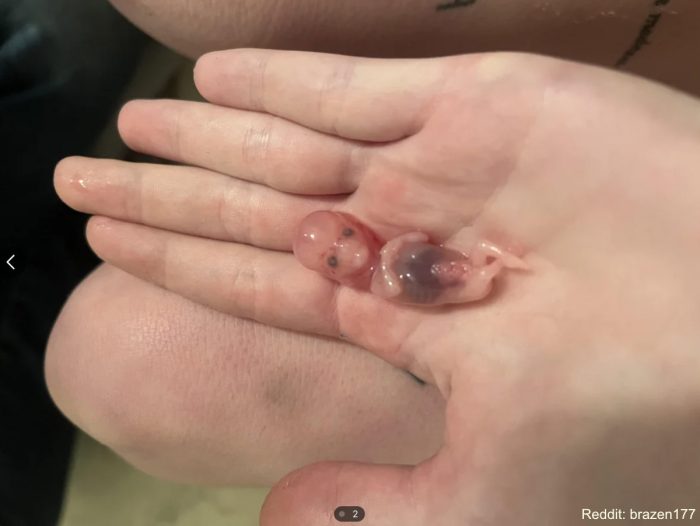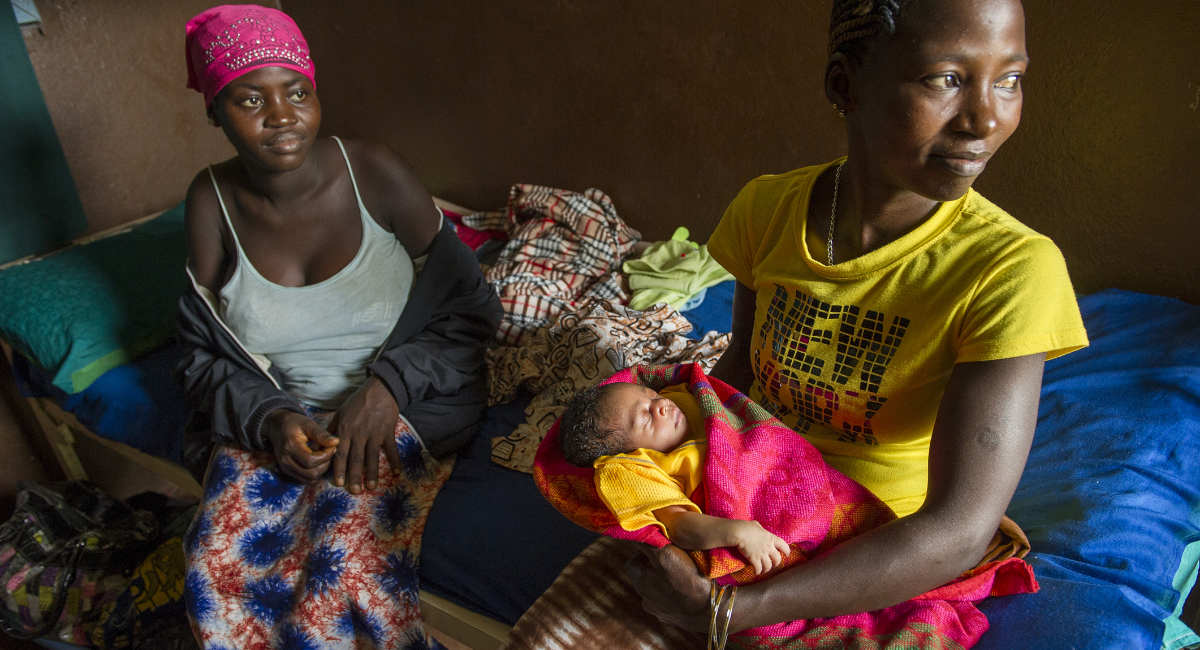Nearly all preborn children are currently protected from abortion in the African nation of Sierra Leone, but the country is facing mounting pressure to expand legalization.
Sierra Leone’s President Julius Maada Bio introduced the so-called Safe Motherhood Bill of 2024 to increase abortion access. “At a time when sexual and reproductive health rights for women are either being overturned or threatened, we are proud that Sierra Leone can once again lead with progressive reforms,” Bio said.
Originally, the bill would have allowed abortion for any reason through 14 weeks, but due to opposition from Christian organizations, amendments were added. The amendments state that abortion would be legalized to save the life of the mother, when the child receives a supposed ‘fatal’ fetal diagnosis, and when the child is conceived in rape or incest.
Minors can undergo an abortion with the consent of a parent, guardian, or someone acting “in loco parentis” or in the parents’ place — a dangerous allowance that creates a loophole for sexual abusers. It also states that “in order to protect and support vulnerable women and children” abortion shall be “free or reasonably low priced.” Of course, abortion is never free; someone pays for the killing of preborn children, even if the mother isn’t paying for it. A vote is expected in the coming weeks.
In the meantime, pro-abortion media outlets are promoting tragic stories in an attempt to sway the public to accept legalized abortion; however, legalization does not equal safety.
AP News shared the story of Fatou Esther Jusu, who was 16 years old when she became pregnant and decided to take misoprostol, the second drug in the two-drug abortion pill regimen (mifepristone plus misoprostol). She took it twice and gave birth to her child on the toilet before she fainted. “I went to the toilet… and the baby came out,” she said. After fainting, she was taken to the hospital where she begged the doctors not to tell her parents. She said she had a friend who died after taking the drug.

Photo of 10-week aborted baby: Reddit user brazen 177
According to the AP, there are about 90,000 abortions committed in Sierra Leone each year, accounting for about 10% of the nation’s maternal death — about 717 out of 100,000. One woman, a mother of six, died from a self-induced abortion. “Anytime I think of her, I wish the bill had been long passed,” said the nurse who traveled to the hospital with the woman.
And yet, the logic here is flawed. Legally obtaining the abortion pill or another abortion drug does not change that drug’s potentially serious side effects or make abortion safe — and will not help with the 80% of maternal deaths that are unrelated to abortion. Mifepristone comes with a black box warning for sepsis, and can have serious side effects. When the abortion pill regimen is distributed under a no-test protocol, as has become common, women are not checked for potentially fatal complications like ectopic pregnancy before they receive the drugs.
Live Action’s “I Saw My Baby” campaign featured the personal stories of women who took abortion drugs and then delivered their babies — some of them traumatized by not just the pain and the hemorrhaging, but by seeing that their aborted children were not mere clumps of cells as they had been told.
Research carried out by Gynuity, a pro-abortion research institute, has shown that six percent (6%) of women who take the abortion pill will require care at an emergency room or urgent care facility. If women are left to utilize legal abortion drugs to self-induce their abortions, the risks of the drug are the same as they were for the women who obtained the drugs illegally and took them. The abortion pill regimen has been found to be four times more dangerous than a first-trimester surgical abortion, but is quickly becoming the abortion procedure of choice in the United States and was gaining in popularity years before the overturning of Roe v. Wade.








